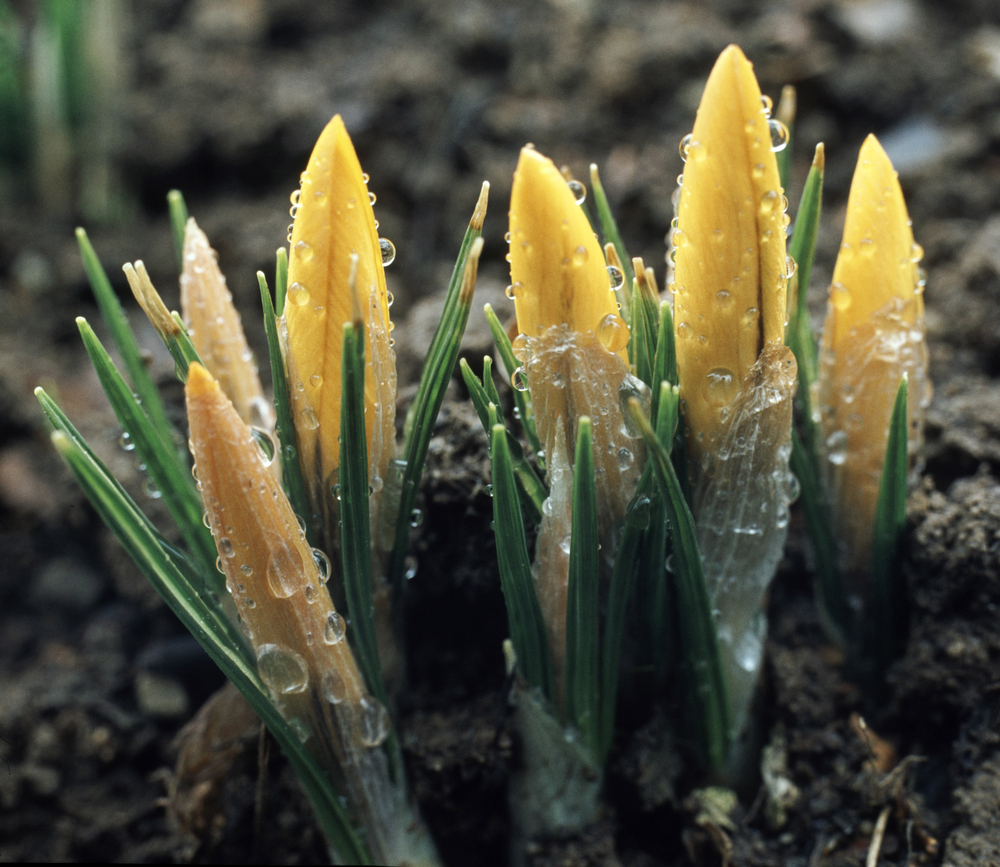Why Do Flowers Close Up at Night?

If you've ever taken a late-night stroll through a garden, you may have noticed that certain flowers, much like people, tend to retire after the sun goes down.
But flowers that close up at night, such as tulips, hibiscus, poppies and crocuses, aren't sleepy. They're just highly evolved.
Plants that tuck themselves in for bedtime exhibit a natural behavior known as nyctinasty. Scientists know the mechanism behind the phenomenon: In cool air and darkness, the bottom-most petals of certain flowers grow at a faster rate than the upper-most petals, forcing the flowers shut.
But scientists are not quite sure why some plants, particularly flowers, evolved this way. There are several theories, though.
Charles Darwin believed that plants close up at night to reduce their risk of freezing. Another theory suggests that nyctinastic plants are conserving energy — and perhaps their odor — for the daytime, when pollinating insects are most active.
Some scientists believe that this self-serving behavior prevents pollen from becoming wet and heavy with dew. Insects can more easily transfer dry pollen, improving a nyctinastic plant's likelihood of successful reproduction.
And one fascinating idea holds that nyctinasty is a highly evolved defense mechanism against a plant's nocturnal predators. By closing up tight, the flowers in your garden create a clearer view of the ground for nighttime hunters, like owls, who kill off flower-munching herbivores out looking for a midnight snack.
Get the world’s most fascinating discoveries delivered straight to your inbox.
Email asklizzyp@gmail.com or follow her @techEpalermo. Follow LiveScience on Twitter @livescience. We're also on Facebook & Google+.
 Live Science Plus
Live Science Plus





